lymphocytic colitis in cats
The most common symptoms of colitis are diarrhea often bloody or slimy with mucus and abdominal pain. Frequent diarrhoea stools may start off solid but finish off watery and loose.
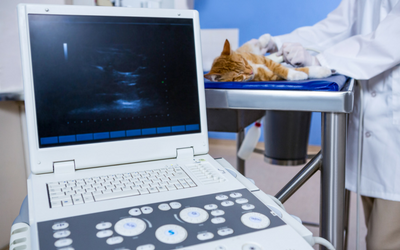
Lymphocytic Plasmacytic Gastroenteritis In Cats Vca Animal Hospital
Colitis is an inflammation of the colon large intestine which is the last part of the digestive tract in cats.

. Symptoms of mediastinal lymphoma in cats. Faeces-related symptoms commonly observed in cats with acute chronic and episodic colitis. Cats with lymphocytic-plasmacytic colitis may respond to dietary management alone eg lamb and rice horsemeat or a commercially available diet.
Or chronic lasting for weeks and recurring periodically. Increased frequency of defecation with tenesmus. It is a cancer of the lymphocytes a type of blood cell and lymphoid tissues.
Histiocytic Ulcerative Colitis in Cats. It is rarely associated with pancreatitis compared to Cholangitis Neutrophilic. An immune-mediated aetiology has been postulated but this has not been substantiated to date.
Lymphoid tissue is normally present in many places in the body including lymph nodes spleen liver gastrointestinal tract and bone marrow. Colitis is an inflammation of the colon also known as the large intestine. In cats in particular the pressure on the colon can sometimes lead to vomiting as well.
Most cats that fail to respond to a diet or antibiotic trials are usually administered glucocorticoids and many will respond. The signs and symptoms can vary in intensity and frequency but generally cats exhibit signs of disease intermittently at first with the frequency of episodes increasing over time. Owners sought veterinary care because of semiformed -to-liquid feces tenesmus fresh blood andor mucus in the feces or increased frequency of defecation in their cats.
Histiocytic ulcerative colitis is an uncommon disease characterized by ulcers in the lining of the colon and inflammation with. Inflammatory changes in the colon are usually lymphocytic-plasmacytic but other forms include eosinophilic neutrophilic and granulomatous enteritis. Generally oral prednisolone.
Lymphocytic plasmacytic enteritis is seen in both dogs and cats and is seen in all ages. Lymphosarcoma lymphoma is one of the most common cancers diagnosed in cats. Rare in cats usually part of generalized IBD.
Appears constipated tenesmus Difficult or painful evacuation dyschezia Frequent bowel movements where little is passed. However lymphocytic cholangitis does not progress to biliary cirrhosis. Young to middle-aged cats 50 are under 4 years old.
Although some patients with LPE may have no clinical signs some may have life threatening manifestations. Hypoxia inadequate oxygen supply Symptoms of extranodal lymphoma in cats. Environmental dietary and immune-system factors likely also play a role in disease development.
However lymphocytic cholangitis does not progress to biliary cirrhosis. Treatment of Inflammatory Colitis. In some cases your cat may seem constipated and strain with no results.
Most cats will stop eating or eat very little and might vomit have diarrhea act depressed and lethargic and have a fever. What to Watch For. Weight loss especially in cats dehydration especially if the diarrhea is very watery and lethargy are commonly.
Lymphocytic-plasmacytic gastroenteritis is an inflammatory bowel disease in which lymphocytes and plasma cells antibodies enter the lining of the stomach and intestines. Inappetence loss of appetite Diarrhea. For the majority of diagnostic laboratories a lymphocyte count of more than 5000 cellsµl is considered above the reference range for dogs.
It is most common in middle aged and older animal. With acute colitis your cat might show no other signs of being sick except possibly diarrhea or straining to defecate. Persians are often predisposed.
Symptoms of gastrointestinal of lymphoma in cats. Stools often with blood and mucus. Lymphocytic plasmacytic infiltration in the colonic lamina propria was found on colon biopsies.
Signs vary greatly in type severity and frequency. Depends on causes dietary modification sulfasalazine antibiotics - corticosteroids. Histiocytes are large white blood cells that reside in the normal connective tissue where they ingest infectious microorganisms and foreign particles.
They may strain to defecate go more often than normal or miss the litter pan. The term lymphocytosis refers to an absolute lymphocyte count above the reference range for the laboratory performing the count. In one study cats were initially treated with dietary fiber or with dietary fiber and pharmacologic intervention prednisone tylosin or.
The calling card of colitis in cats is a loose or mostly wet stool containing mucus and sometimes blood. Signs of colitis include blood andor mucus in the stool diarrhea and frequent defecation of small amounts of feces. Colitis can be acute beginning suddenly and ending relatively quickly.
It is clinically useful to distinguish isolated lymphocytosis with minimal. 2 Lymphocytic Plasmacytic Colitis Chronic diarrhea that lasting longer than three weeks may be indicative of an inflammatory bowel condition in cats called lymphocytic-plasmacytic colitis. The feline leukemia virus FeLV has been shown.
Lymphocytic-Plasmacytic Gastroenteritis in Cats. Some cats with the chronic form of lymphocytic leukemia will not have any symptoms until the disease has progressed. Other physical symptoms of.
Lymphocytic colitis is a condition that affects your large intestine. It is thought to be caused by an abnormal immune response to environmental stimuli due to loss of normal immune regulation. Cats with colitis often have fresh red blood andor mucus in their stools.
In affected felines two types of cells- lymphocytes and plasma cells- overgrow in the walls of the colon leading to inflammation and signs such as. Lymphocytic-plasmacytic colitis was diagnosed in 6 cats. Rapid weight loss is one the first and most noticeable signs of lymphocytic leukemia.
Food intolerance infection abrasives idiopathic. They are an essential component of the immune system. While most cats with lymphocytic plasmacytic gastroenteritis are middle-aged this disease has been diagnosed in cats as young as 5 months.
6 rows Lymphocytic-plasmacytic colitis is the most common form of colitis in both the dog and cat.

Inflammatory Bowel Disease In Dogs And Cats The Veterinary Nurse

What Is Inflammatory Bowel Disease In Cats Canna Pet

Inflammatory Bowel Disease In Cats Natural Treatment

Inflammatory Bowel Disease In Cats

Feline Inflammatory Bowel Disease Treating Ibd In Cats

Georgia Veterinarian Explains Acute Colitis In Dogs Diarrhea In Dogs Colitis Acute Colitis

Dealing With Ibd Valley Cats Inc
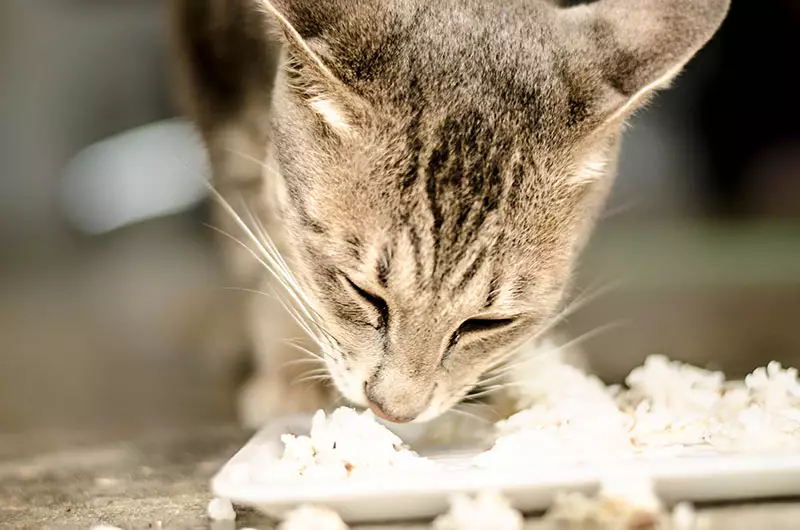
Colitis In Cats What It Is Symptoms Causes Treatment
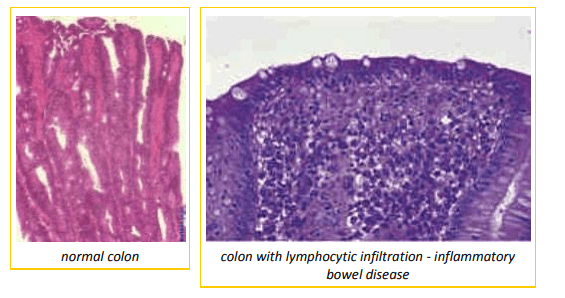
Inflammatory Bowel Disease On Pets Cambridge Vets New Zealand

Inflammatory Bowel Disease In Cats Natural Treatment
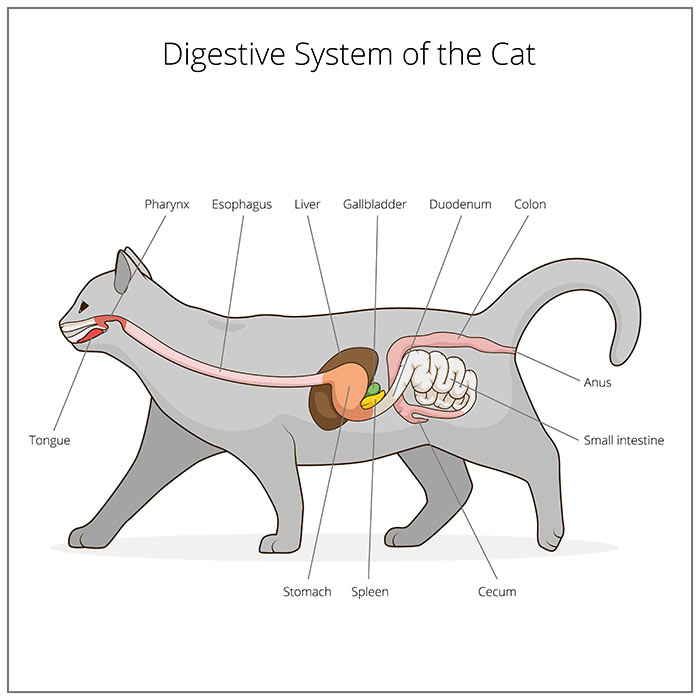
Colitis In Cats What It Is Symptoms Causes Treatment
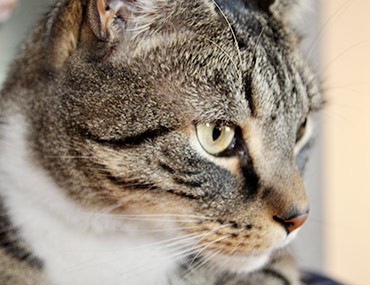
Feline Colitis An Infection In The Colon
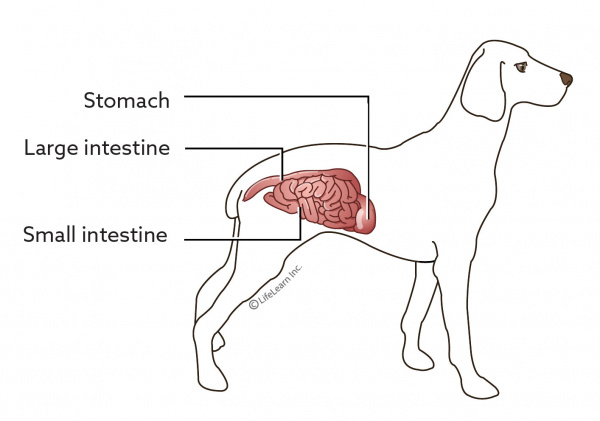
Intestinal Tumors Vca Animal Hospital

Inflammatory Bowel Disease In Cats Natural Treatment
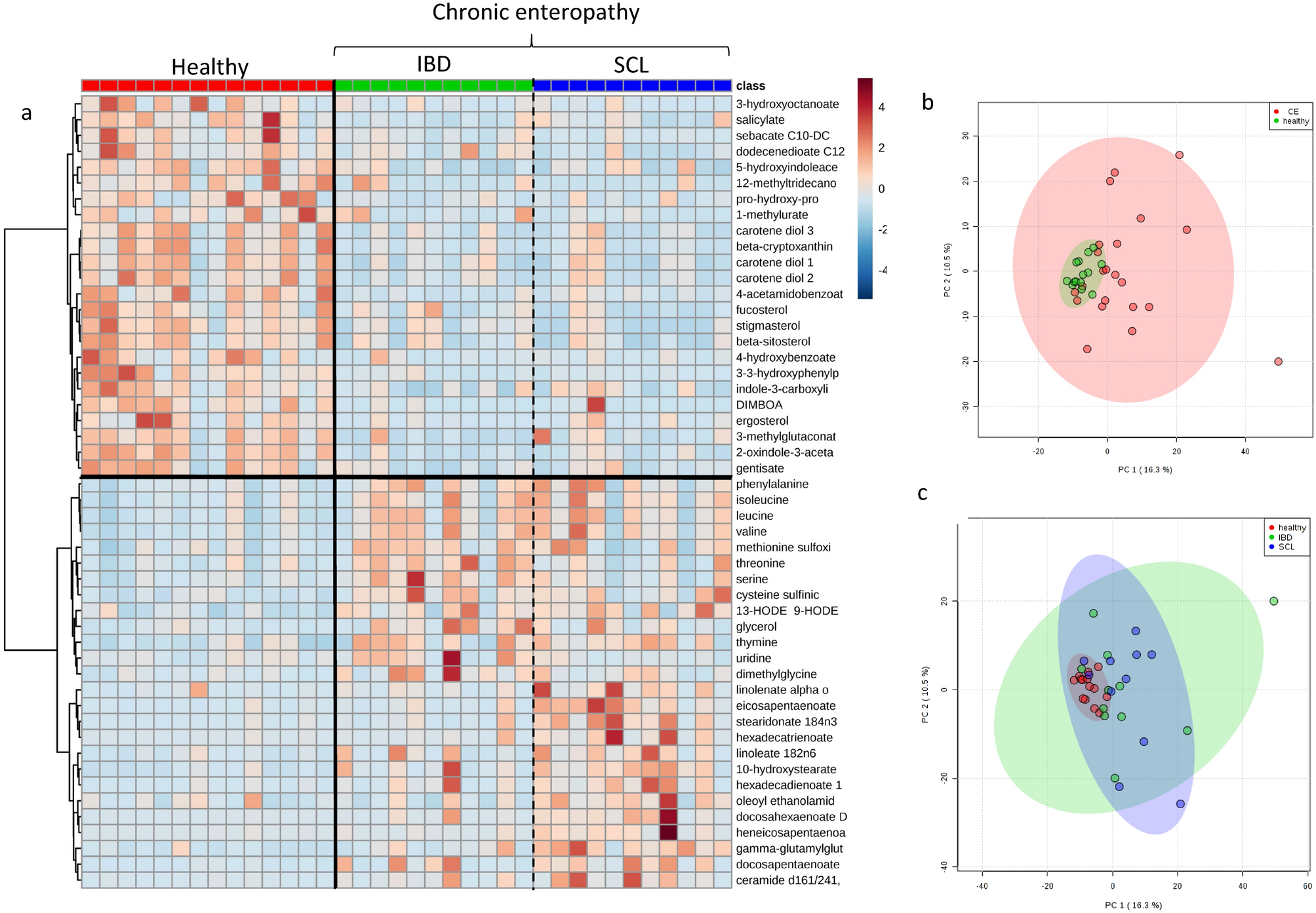
Untargeted Metabolomic Analysis In Cats With Naturally Occurring Inflammatory Bowel Disease And Alimentary Small Cell Lymphoma Scientific Reports
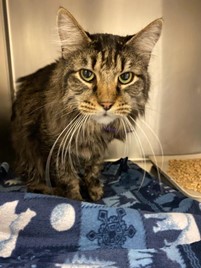
Inflammatory Bowel Disease Ibd One Health Institute
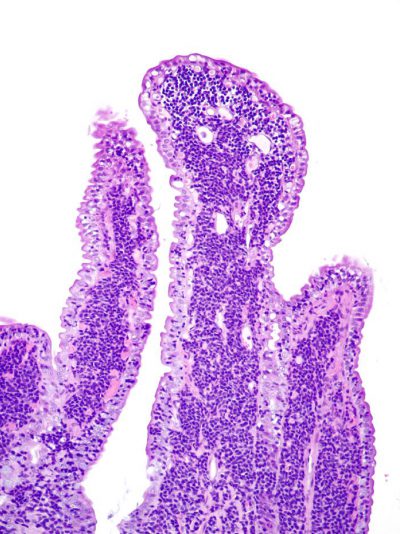
Differentiating Feline Intestinal Lymphoma From Inflammatory Bowel Disease Ibd College Of Veterinary Medicine At Msu